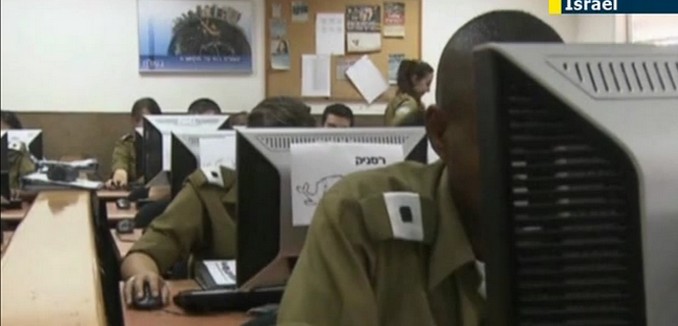Israel’s prestigious Unit 8200 signal intelligence corps is well-known not just for its military effectiveness, but also for the success of its alumni in the hi-tech sector. Now they have launched a hi-tech incubator to support emerging tech entrepreneurs.
Inbal Arieli, who heads the 8200 Entrepreneurship and Innovation Support Program (EISP), talked about the program with the Times of Israel.
There are thousands of 8200 alumni in Israel, and in 2011, some of them decided to create EISP, with the intention of making it an accelerator like no other. And according to Arieli, they’ve succeeded. “The 26 entrepreneurs who participated in the first two years of the program in 2011 and 2012 have so far raised at least a million dollars on average, mostly in Series A funding.” Of those who raise seed money, 75% go on to raise further funding, she added.
The program accepts 20 entrepreneurs a year (over 200 apply, said Arieli), who participate in a five month program led by 8200 alumni and top professionals in business, banking, technology, and many other areas, who come to speak and serve as mentors. It includes 15 full-day meetings (12 hours each day) spread across 5 months, from February to July, and culminates with Demo Day on July, attended by 300 of the premier investors — venture capitalists and angels — as well as representatives of multinationals.
The role of Unit 8200 in Israel’s hi-tech world was publicized through the 2009 bestselling book Start-Up Nation. Among the better known companies founded by the unit’s graduates are Checkpoint, ICQ and Nice.
The success that alumni of the unit have had in creating start-ups prompted the Guardian to observe that 8200 has “has spawned more tech millionaires than many business schools.” Though the start-ups founded by 8200’s alumni often employ technologies the entrepreneurs learned in the army, the product or service provided may be in more popular fields. For example, the Guardian explains, mining large amounts of data for critical information was applied to the fashion industry by the start-up Stylit.
“A lot of the practices and the technology that we used in the army are used today at Stylit to address the problems we are aiming to solve in fashion,” said Yaniv Nissim, a former 8200 programmer who designed the company’s algorithm by combining the wisdom of former army tech geeks with fashion industry stylists.
“The technology is mainly machine-learning technology. It’s how to take huge amounts of information and from that to understand users’ behaviour.”
The website Geektime observes that the purpose of EISP is to take the skills the 8200 alumni learned in the army and “transfer their skills to the free marketplace.”
[Photo: StylitVideos / YouTube ]




